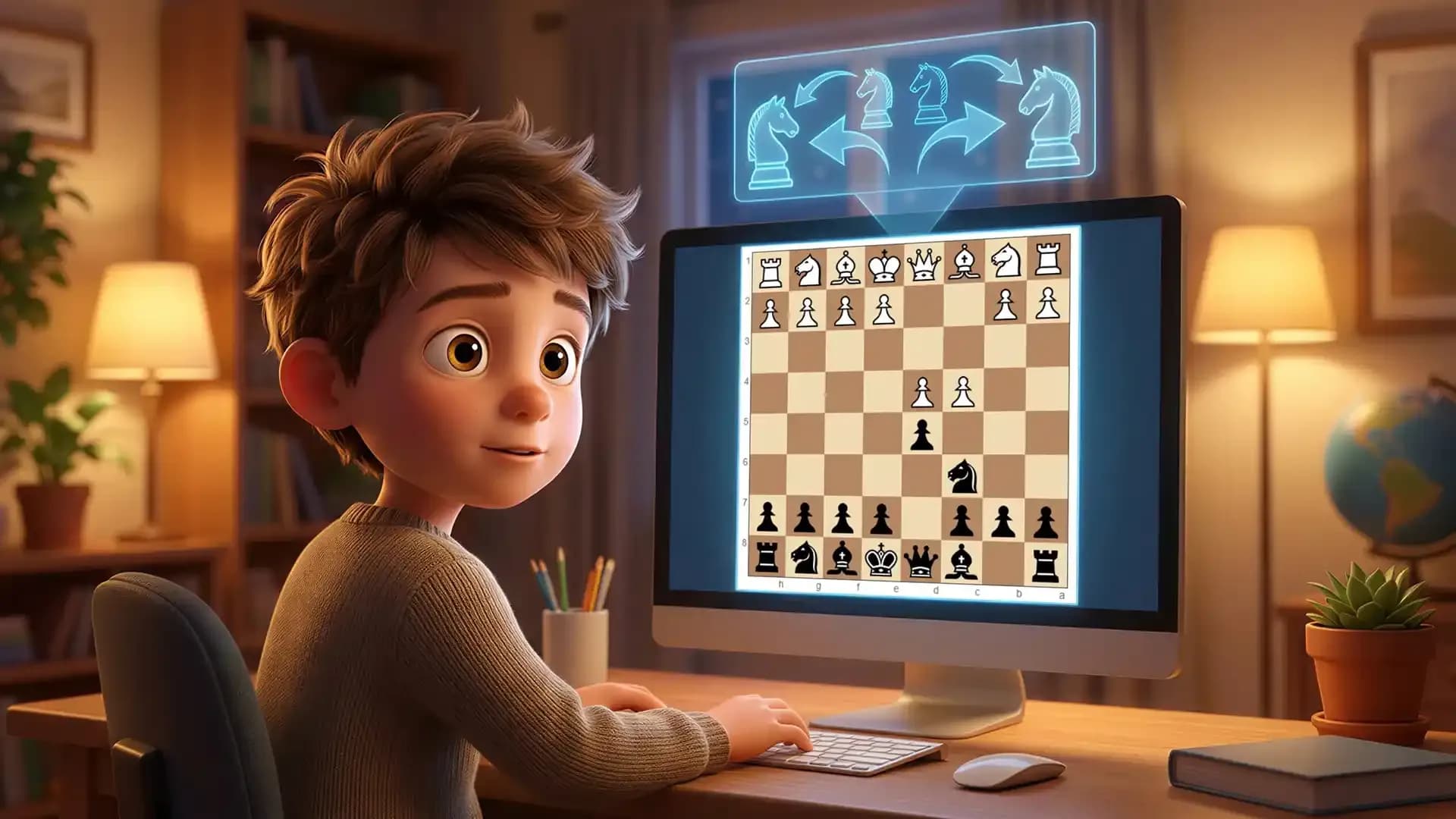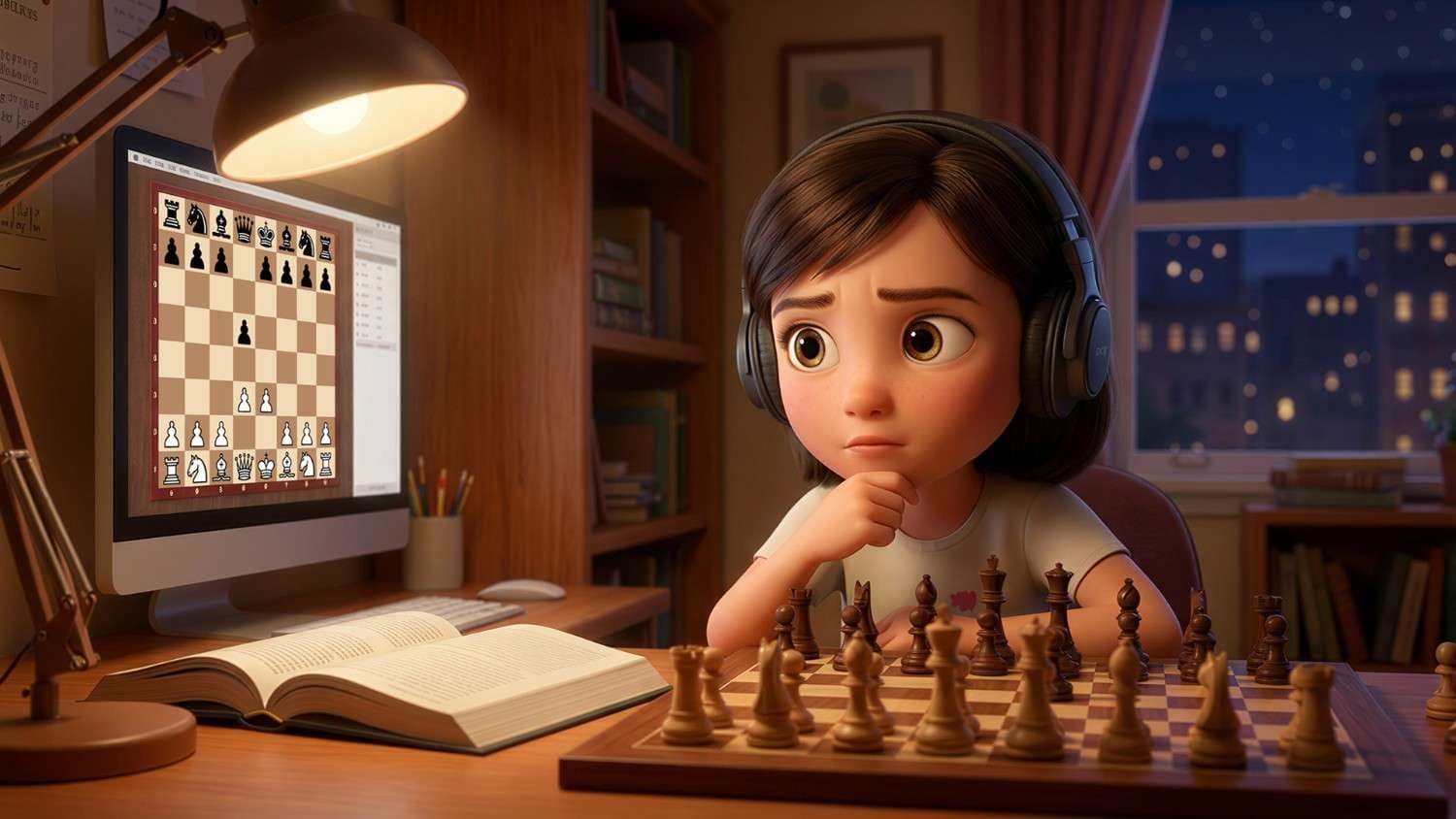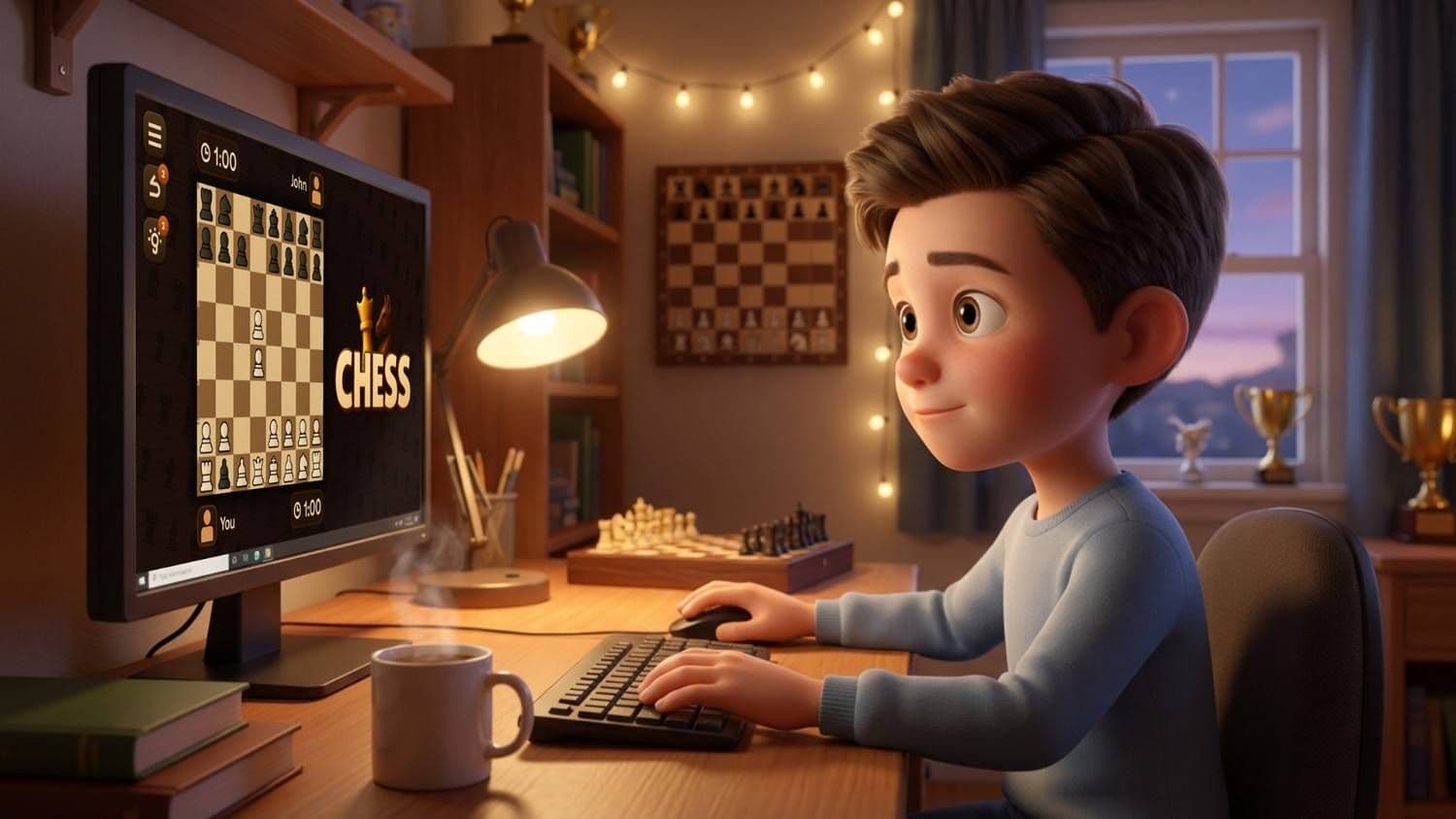Bogo Indian Defence: Complete Guide to Mastering this Classic Chess Opening

Chigorin Defense: Key Ideas, Theory & Traps
Learn the Chigorin Defense with key ideas, main lines, traps, and strategy tips. Discover how Black creates active play against 1.d4.

Marshall Defense: Theory, Traps & How to Play
Learn the Marshall Defense with main lines, key ideas, tactical traps, and strategy tips for Black. Discover how to play this aggressive chess opening.

Bogo Indian Defence: Complete Guide to Mastering this Classic Chess Opening
Master the Bogo Indian Defence in chess! Learn moves, strategies & variations of this classic opening trusted by world-class players.

9 Most Aggressive Chess Openings (Perfect for Attackers!)
Discover aggressive chess openings that put your opponent on the defensive. Learn fast, tactical strategies for quick and exciting wins on the chessboard.

10 Chess Openings for Black to Win More Games
Discover 10 best Black chess openings to counter any White strategy! From the Sicilian to the Caro-Kann, master these winning defenses today!

The Bogo Indian Defence is a classical chess opening that starts with 1.d4 Nf6 2.c4 e6 3.Nf3 bb4+. This opening is in fact named after the Russian Grandmaster Efim Bogoljubov, where Black also challenges the center squares of the White, offering a check on the bishop and requiring White to determine early how to block it. This basic concept can easily slow the progress of White, and Black can play comfortably, and even without a lot of risk.
This safety and flexibility of the opening is what actually makes it special. It does not lead to dramatic theoretical confrontations but nevertheless grants Black a vast variety of strategic opportunities in the middlegames. Players who actually enjoy positional play, sensitive use of pieces, and long-term control of central squares will find this opening quite satisfying. This is not quite as popular an opening as complicated chess openings, but it is still a very strong and viable choice at the top level.
FAQs
- Yes, absolutely. It’s a calm and strategic opening, so you don’t have to memorize tons of sharp lines. Beginners who are just starting out might want to first look at the best chess openings for beginnersbefore exploring the Bogo-Indian.
- Because it’s reliable. Even though it’s not as popular as the Nimzo-Indian, top players like the safety and flexibility it provides in the middlegame.
- The Nimzo-Indian is sharper and theory-heavy, while the Bogo is more about solid development and long-term strategy. If you prefer deep positional play instead of tactical chaos, the Bogo-Indian might suit you better.
- A common mistake is rushing pawn moves or misplacing the bishop. Beginners often fall into these traps, which are similar to the chess mistakes beginners should avoid.
- Yes! Since it’s less common at club level, many players don’t study it deeply. That gives you the chance to surprise your opponents with a solid but slightly offbeat choice.

Chigorin Defense: Key Ideas, Theory & Traps
Learn the Chigorin Defense with key ideas, main lines, traps, and strategy tips. Discover how Black creates active play against 1.d4.

Marshall Defense: Theory, Traps & How to Play
Learn the Marshall Defense with main lines, key ideas, tactical traps, and strategy tips for Black. Discover how to play this aggressive chess opening.

Bogo Indian Defence: Complete Guide to Mastering this Classic Chess Opening
Master the Bogo Indian Defence in chess! Learn moves, strategies & variations of this classic opening trusted by world-class players.

9 Most Aggressive Chess Openings (Perfect for Attackers!)
Discover aggressive chess openings that put your opponent on the defensive. Learn fast, tactical strategies for quick and exciting wins on the chessboard.

10 Chess Openings for Black to Win More Games
Discover 10 best Black chess openings to counter any White strategy! From the Sicilian to the Caro-Kann, master these winning defenses today!






